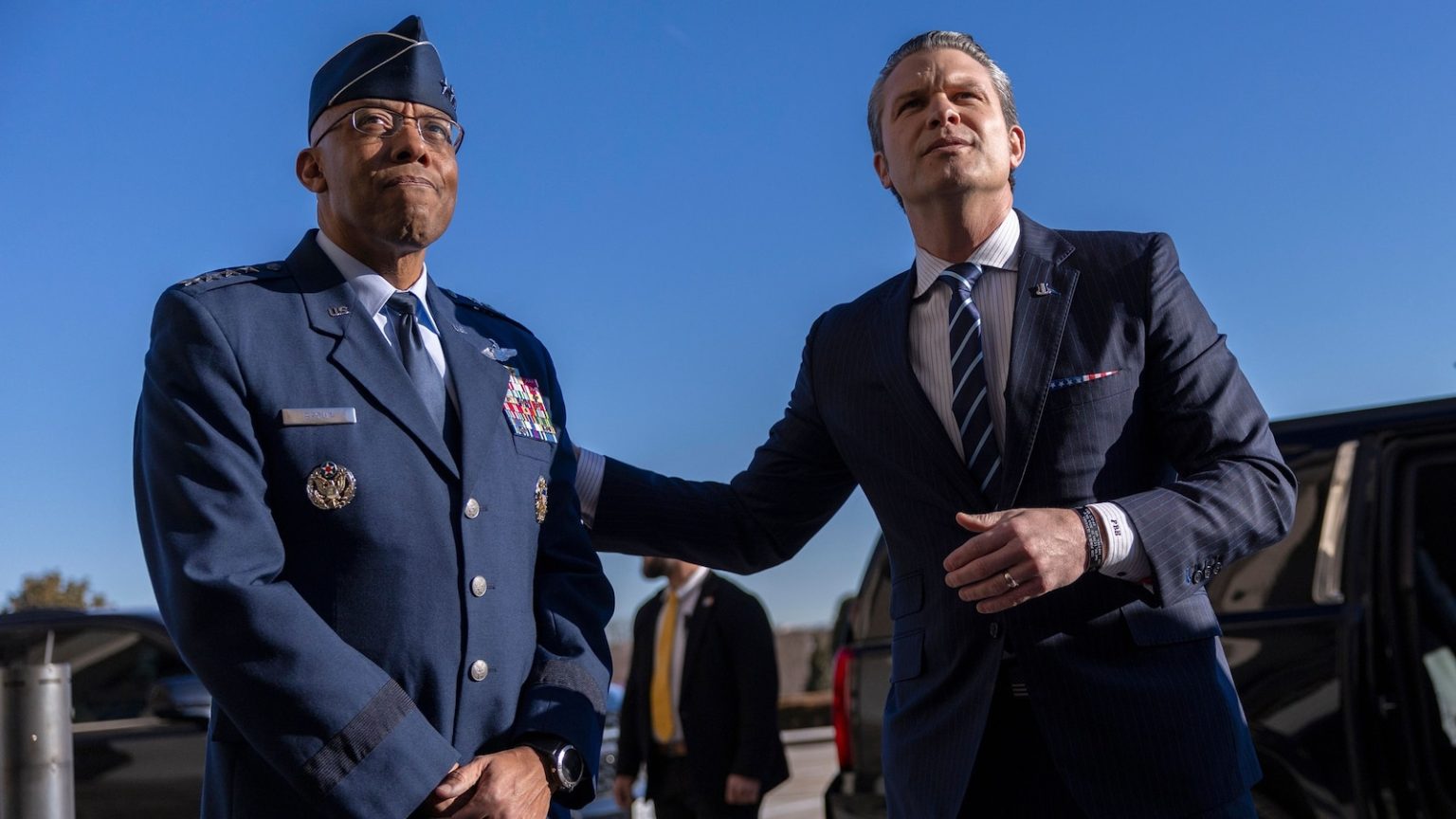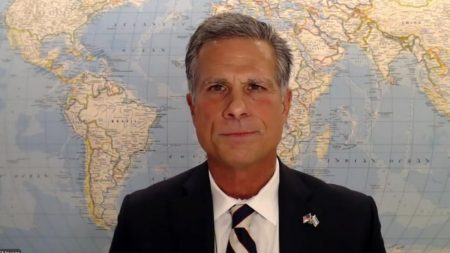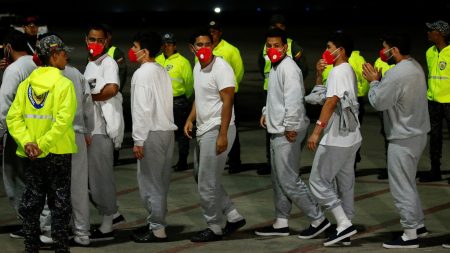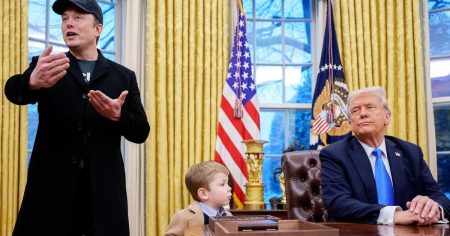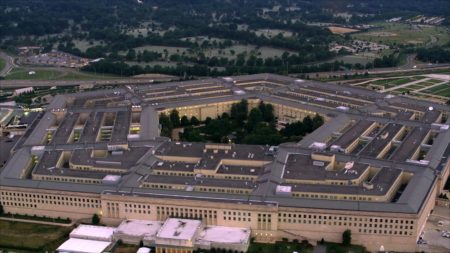A Historic and Controversial Leadership Shake-Up in the U.S. Military
In an unprecedented move, President Donald Trump has dismissed two high-ranking military officials: Gen. Charles "CQ" Brown Jr., the chairman of the Joint Chiefs of Staff, and Adm. Lisa Franchetti, the Navy’s top admiral. This marks the first time in U.S. history that two members of the Joint Chiefs of Staff have been removed from their senior roles. The decision has sparked widespread debate, with critics questioning the motivations behind the dismissals and their potential impact on the military and civil-military relations. Trump announced the changes on his Truth Social platform, praising Brown for his service while introducing Lt. Gen. Dan Caine as his nominee to replace Brown. Caine, a retired Air Force officer, will need to be confirmed by the Senate before assuming the role of the nation’s top military officer.
The Legacy of Outgoing Leaders: Brown and Franchetti
Gen. Charles "CQ" Brown Jr., who was set to complete his four-year term in 2027, has had a distinguished career spanning over 40 years. As the second African American to serve as chairman of the Joint Chiefs of Staff, Brown was a trailblazer in the military. His tenure was marked by his commitment to the armed forces and his role as a key adviser to the president. Adm. Lisa Franchetti, the first woman to serve as the Navy’s top admiral, also leaves behind a legacy of breaking barriers. Both officers were respected for their dedication and expertise, and their removal has raised concerns about the politicization of the military. Brown and Franchetti were informed of their dismissal while traveling outside of Washington, D.C., adding to the abrupt nature of the decision.
Lt. Gen. Dan Caine: The New Chairman Nominee
Lt. Gen. Dan Caine, a retired Air Force officer with 34 years of service, is set to return to active duty as Trump’s nominee for chairman of the Joint Chiefs of Staff. Caine’s military career includes roles as an F-16 pilot, assistant commanding general at the Joint Special Operations Command, and associate director for military affairs at the Central Intelligence Agency. Trump has praised Caine for his role in the rapid defeat of ISIS during his first term, emphasizing his reputation as a "warfighter" with significant interagency and special operations experience. However, Caine’s nomination is not without controversy, as he was passed over for promotion during President Biden’s administration. Trump highlighted this in his announcement, framing Caine’s selection as a corrective to previous decisions.
Political Fallout: Reactions to the Dismissals
The removal of Brown and Franchetti has drawn sharp criticism from both within and outside the military community. Retired Gen. George Casey, a former Army Chief of Staff, expressed concern that the dismissals undermine the principle of civilian control of the military, a cornerstone of U.S. civil-military relations. Casey argued that firing officers for following the directives of the previous administration sets a dangerous precedent, suggesting that policy disagreements should not lead to the removal of highly qualified officers. Similarly, Sen. Jack Reed, the ranking Democrat on the Senate Armed Services Committee, criticized the dismissals as part of a "premeditated campaign" to purge the military of talented officers for political reasons. On the other hand, Trump allies, including Sen. Roger Wicker, chairman of the Senate Armed Services Committee, expressed confidence in the president’s ability to select a qualified successor.
The Broader Context: Trump’s Vision for the Military
President Trump has long advocated for a military focused on "warfighting" and has criticized what he calls "woke" policies, such as diversity and inclusion initiatives. Defense Secretary Pete Hegseth, a close ally of Trump, has been a vocal advocate for this approach, calling for the removal of officers he believes are not aligned with this vision. Hegseth has specifically criticized initiatives related to diversity, equity, and inclusion (DEI), labeling them as distractions from the military’s core mission. Brown and Franchetti were among those targeted in this effort, with Hegseth questioning their qualifications and priorities. The dismissals are seen by many as part of a broader effort to reshape the military in Trump’s image, prioritizing loyalty to the administration over decades of service and expertise.
Implications for the Future of the Military
The dismissal of Brown and Franchetti, along with the nomination of Caine, raises significant questions about the future of the U.S. military. The move has the potential to erode the apolitical nature of the chairman’s role, which is designed to span presidential administrations and provide continuity in military leadership. The precedent set by these firings could also have a chilling effect on the military’s professionalism, as officers may feel pressured to align with political priorities rather than focus on their duties. As the Senate prepares to consider Caine’s nomination, lawmakers will be closely scrutinizing his qualifications and the motivations behind the leadership shake-up. Ultimately, the direction of the U.S. military under Trump’s leadership remains a subject of debate, with far-reaching implications for national security and civil-military relations.





